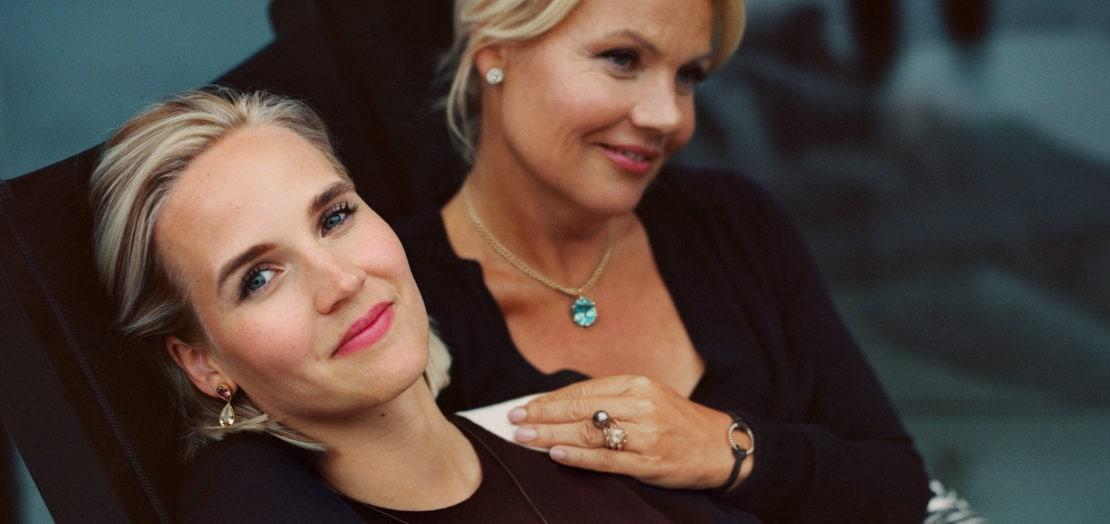3Nov2019
We want to make Finland a world leader in working life. This is the common vision of the Finnish government and businesses, and it also overlaps with the Nordic Business Forum, where we can obtain insights that can bring about growth and success in companies.
For decades, the Institute of Marketing and the Rastor have lived with changes in Finnish society and skills needs. Right now, it is our view that the development of skills is increasingly linked to the sustainable development and continuous learning of one’s whole career. It is one of the key ways to increase wellbeing at work, productivity and growth – across society.
We also find that more and more industries are linking more closely around the development of skills. Companies are more diversified in their jobs, and the need for multi-skilled professionals is growing. The integration of industries results in the need for different types of skills, which increases the number of people changing careers. Many people are contemplating the impact of robotics on the workforce. Will there be a reduction in the amount of routine tasks, in which case the role of humans will be to innovate? You should actively mirror your own skills with the changes occurring around you, and anticipate what is needed so your career development doesn’t stop due to a lack of skills.
Only lifelong learning can guarantee that everyone has access to new career opportunities as circumstances change. This turns your career into a continuum that will carry you from the first steps to the end.
But how can we, as a nation, make sure that everyone is involved in the growth of society when there is a prevailing perception that growth and productivity are limited to certain ages? That only young people are fast, full of ideas, and keep up with the times. Or that only people of certain ages are digital natives and the rest are not.
We need to get rid of these narrow views quickly and influence them together because we cannot afford this as a society. Even at this very moment, there is only a small group of people in the workforce who are keeping the gears of society running and maintaining services. If age discrimination starts already when someone is 50 years old, the outlook is grim and depressing. Age is the wrong basis for categorising people as life expectancy increases and the mental and physical limitations of people occur later and later in life. It’s a silly idea anyway: After all, Benjamin Franklin came up with his most important invention when he was over 50 years old and Teemu Selänne was selected as the most valuable player at the age of 43 at the Sochi Olympics.
I strongly believe that the more we have services aimed at making a large share of the population over 50 active in working life and involved in forums where innovations are brainstormed, the faster we get rid of harmful age discrimination and attitudes that slow down the growth of society.
I represent an industry whose core mission is to provide services that support lifelong learning, but more pairs of hands are needed for this. In today’s world, we are eager to express our views on a wide range of issues, but I do not believe that age discrimination of people over 50 has been highlighted enough – let alone actively looking for a solution. Would it be time now?
Toni Berkowits
Managing Director of the Institute of Marketing and Rastor Group


